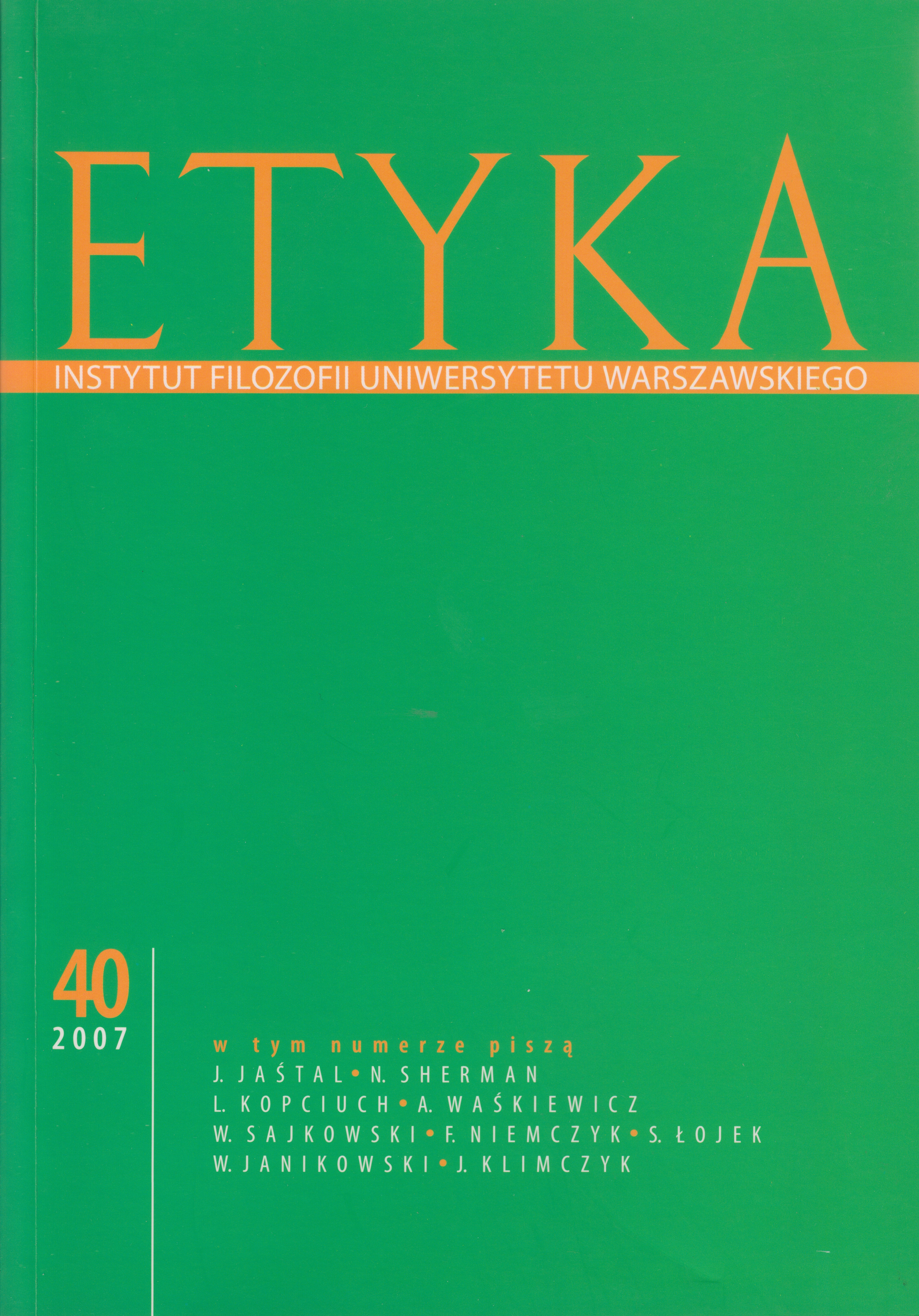Emile, or a Life Apart from Society
Abstract
The article offers an interpretation of Rousseau’s Emile as an account of a social situation in which a man can be recovered from alienation and live according to his nature; the other three situations are: the republic, a small community outside society, and solitude. Rousseau’s Emile lives in a society but he keeps distance from its members; indeed, he lives on the margin of the community. Being a stranger in the Simmelian sense, he shares with the members of the society everything that is common to human beings with the exception of what makes them members of the community. Emile is then alien to them but he is not alienated, for it is him, not them, who lives according to human nature. Rousseau claims that Emile could live in each of the other situations. However, as it is argued in the paper, if Emile wants to live only in freely chosen social situations, he must live in solitude, for which he is in fact best suited.Downloads
Published
Issue
Section
License
Works published in ETYKA are available under the Creative Commons Attribution No Derivatives 4.0 International Licence (CC BY-ND), which entails acknowledgement of authorship without derivative works. Under this licence, Authors keep their copyrights and agree that their works can be used again legally for any purpose, including commercial ones, except for the creation of derivative works, without the need to obtain previous consent of the Author or publisher. The articles can be downloaded, printed, copied and disseminated; under the condition that the authorship is indicated accordingly, together with the place of original publication. The Authors preserve their copyrights to the above-mentioned works without any limitation whatsoever.



